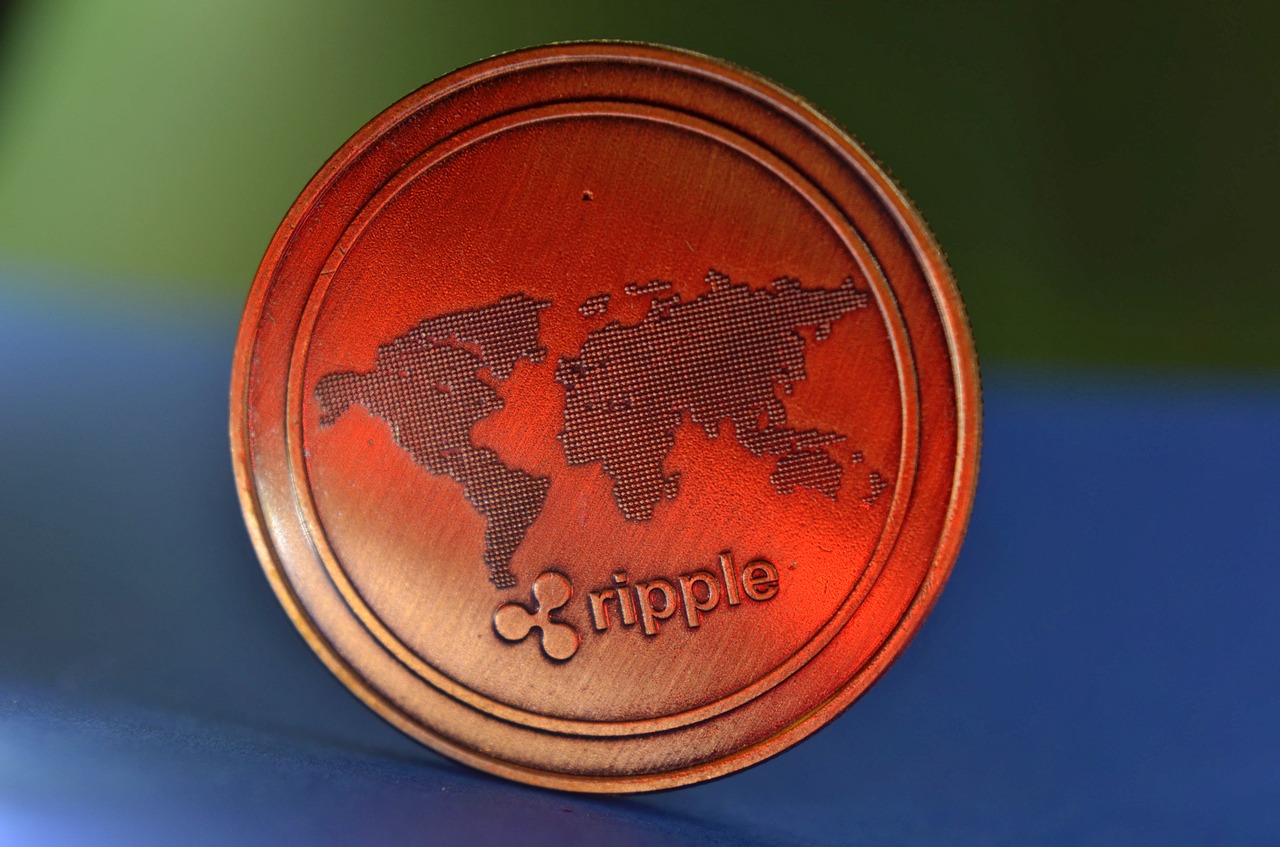The XRP token holdings of Ripple Lab have fallen below 50% of its total market supply for the very first time in the company’s history.
In the past, Ripple had dealt with a great deal of criticism, which had resulted in people questioning the significantly large amount of XRP tokens that the company owns.
People had said that this ownership gave Ripple Labs centralized control over the XRP Ledger (XRPL).
Ripple’s response
On October 27th, Ripple Labs published its report for the third quarter in which it refuted criticism and also highlighted that its XRP token holdings were continuously declining.
It said that they had now dropped below 50 billion tokens, which means lower than 50% of the total market supply of XRP.
Ripple said that all those critics that claimed that its XRP ownership was a way of controlling the XRP ledger were wrong.
It said that Federated Byzantine Consensus is used by the XRP Ledger for validating transactions, adding new features and securing the network.
It said that this means that every validator note has one vote, regardless of the number of XRP tokens they own.
The company also revealed that out of the more than 130 validator nodes, it is currently operating 4 of the XRPL.
The details
Brad Garlinghouse said that it was a huge milestone for the ownership to drop below 50%. He said that for a decade, the company had used XRP and the XRPL in their products for their security, speed, and scalability.
He said that with a greater number of customers using the XRP token for making their payments, it shows that the token has real utility.
Ripple’s report showed that its net sales of the XRP token for the third quarter fell to $310.68 million as opposed to the second quarter’s $408.9 million.
The report said that Ripple was only selling XRP tokens with ODL transactions and the volumes have gone up because its business has expanded globally.
One of the primary business offerings of Ripple is its cross-border payment service and the firm said that it had continued expanding this service in the third quarter via its partnership with Travelex.
SEC battle
Ripple also talked about its ongoing legal dispute with the Securities and Exchange Commission (SEC) in the United States.
Earlier this month, the company scored a big win in terms of the William Hinman documents. These are related to a speech of the former SEC division director in which he referred to Bitcoin’s regulatory status.
This is because the terms he used could actually help Ripple in its case with the SEC and contradict the arguments that the securities regulator is putting forward.
The report said that the SEC was deliberately creating ambiguity because they were not providing clear guidance and were just taking enforcement action that was stifling crypto innovation.
Ripple and SEC will be filing reply briefs in November and will then wait for the decision of the judge on the motions they file.
